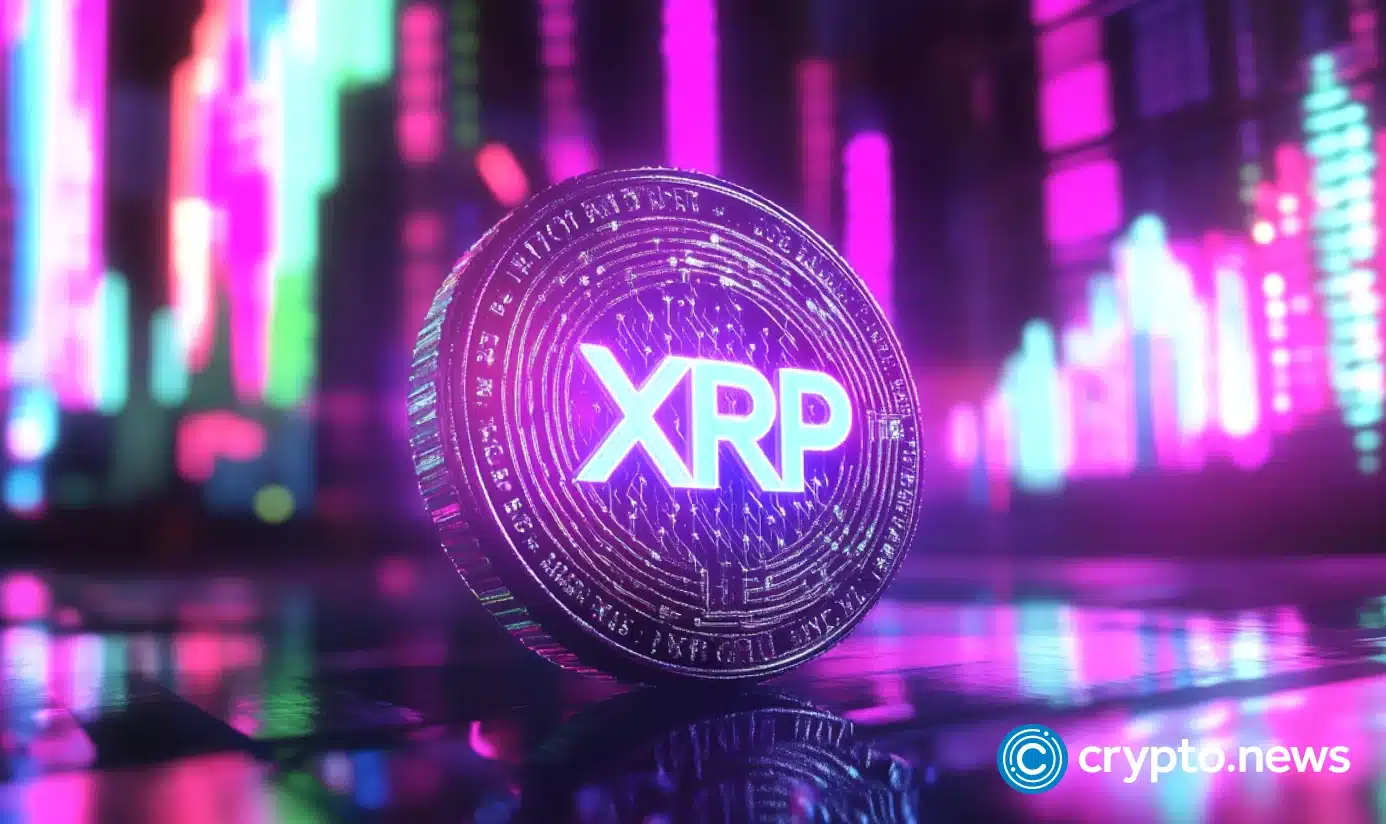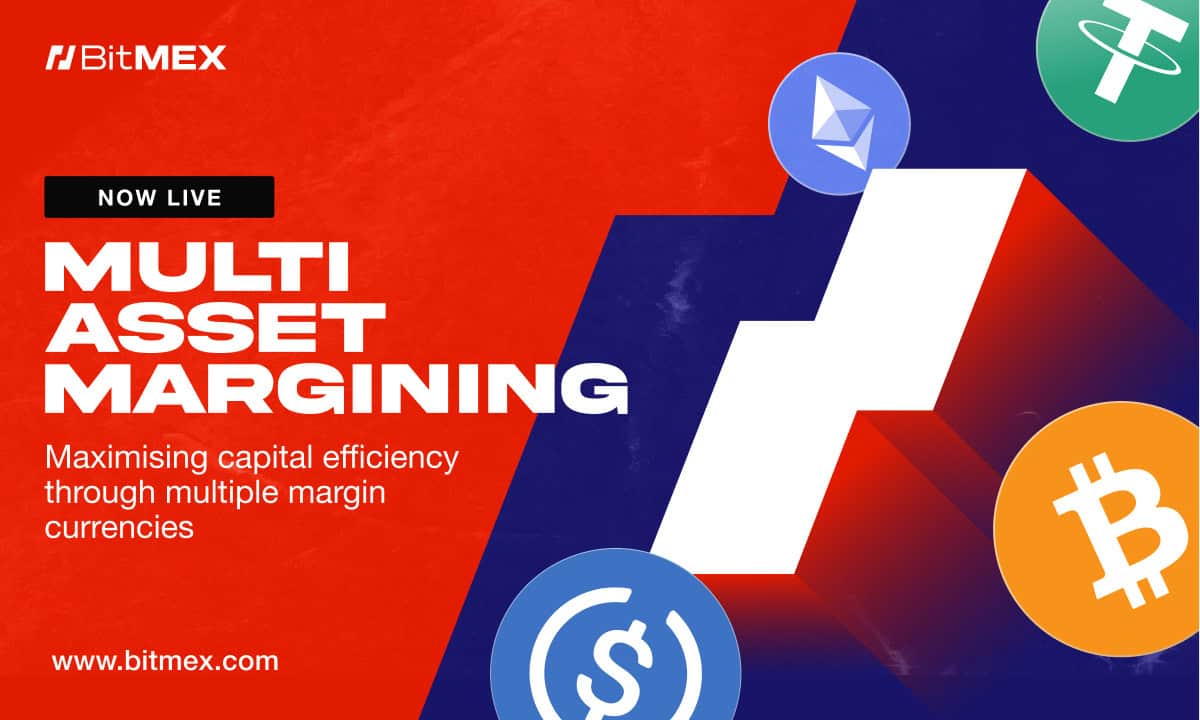Digital asset manager 21Shares has registered its Polkadot Trust in Delaware, marking another step to expand exposure to the smart contract network for accredited investors. This move joins the growing list of firms launching new crypto products.
The Switzerland-based firm’s decision to register a Polkadot Trust is quite interesting, given the smart contract network’s relatively low popularity compared to its competitors, such as Solana and XRP. However, 21Shares has always been bullish on DOT, and it launched the first Europe-based exchange-traded product for Polkadot in 2021 on the SIX Swiss Exchange.
Meanwhile, many in the crypto community believe that the Polkadot investment product might not attract much investment, given the limited interest in the network. Polkadot token DOT is ranked 17th on CoinMarketCap, with a market cap of around $11 billion.
The leading asset manager, Grayscale, registered a Polkadot Trust in Delaware in 2021. However, DOT is currently only part of its Grayscale Smart Contract Platform Ex-Ethereum Fund, which also includes SOL, ADA, AVAX, and NEAR. DOT has a 6.97% weighting in the fund, which interestingly has only $5.28 million in assets under management, far below the newly launched SUI Trust.
Bitcoin and Ethereum ETFs outperform
Meanwhile, 21Shares registration highlights the positive sentiments among asset managers about crypto-focused investment products. The massive success of Bitcoin and Ether exchange-traded funds (ETFs) has contributed to this, with many seeing it as a sign of demand for alternative investment products.
Since launching in January, the US Bitcoin ETFs have seen a year-to-date flow of $37 billion, far above many analysts’ bullish estimates. Interestingly, the ETFs also had 15 days of consecutive inflows between November 27 and December 18, showing that demand is not subsiding.

Bloomberg ETF expert Eric Balchunas described the growth as massive, although its routine nature has made many think it’s normal. BlackRock IBIT has had the fastest growth to $50 billion of any ETF.
Balchunas said:
“It’s become so routine we getting numb to it (kinda like Vanguard flows) but this is a LOT of cash esp in month 12 of a brand new category.”
Even Ethereum ETFs, which have not had near the success of Bitcoin ETFs, have also been quite successful. In December alone, they saw $1.66 billion in inflows, and their total AUM has now reached $11 billion. Institutional interest appears to be picking up for the ETH ETFs, as December inflows account for 74% of total inflows into the products.
What to expect from crypto ETFs in 2025
With BTC and ETH ETFs proving successful this year, many experts expect the products to continue with this performance next year. ETF Foundation President Nate Geraci noted that ETH ETFs are currently on pace with Gold, but he expects inflows to accelerate soon.
Balchunas expressed uncertainty about how the Bitcoin price will affect Bitcoin ETFs but noted that the product has already shown itself to be a major category. Thus, he expects it to get bigger and become more diverse.
Meanwhile, many stakeholders and analysts believe there will be more crypto ETFs in 2025 as regulatory clarity clears the way. This is likely why several asset managers have been launching new crypto investment products, with plans to convert them into ETFs.
However, experts believe that altcoins such as XRP and Solana, which the Securities Exchange Commission (SEC) has classified as securities in its lawsuits, might face some challenges in getting ETF approval until those lawsuits are settled or the SEC changes its tune.
Bloomberg experts said:
“As long as the SEC’s Division of Enforcement actively says these assets are securities or were securities offering, it’s unthinkable that another division would explicitly approve them in stand-alone commodity ETFs.”
Nevertheless, they noted that the SEC’s approval of Ethereum ETFs could eventually be the argument for exchanges and issuers who want those assets classified as commodities because of the similarities between the networks.
Land a High-Paying Web3 Job in 90 Days: The Ultimate Roadmap










